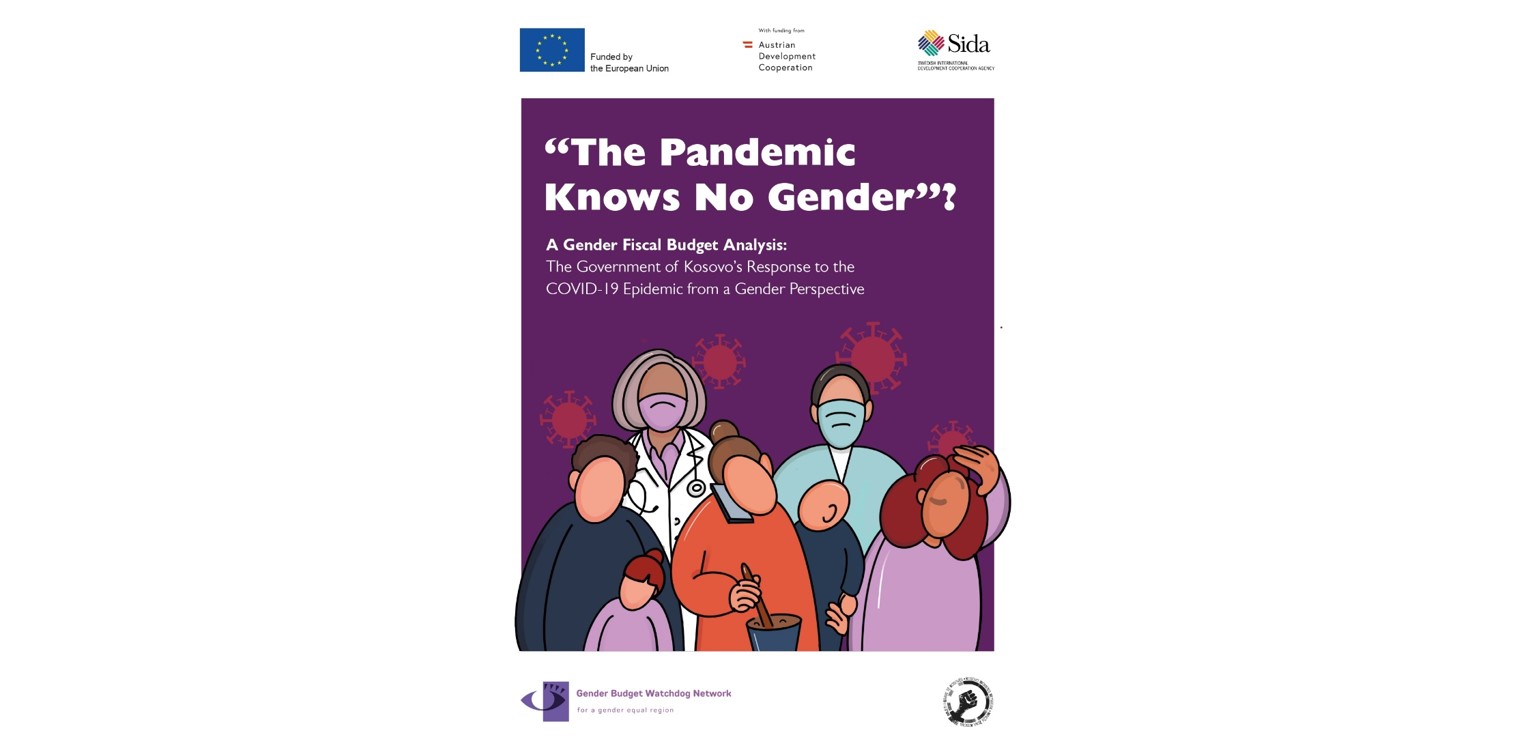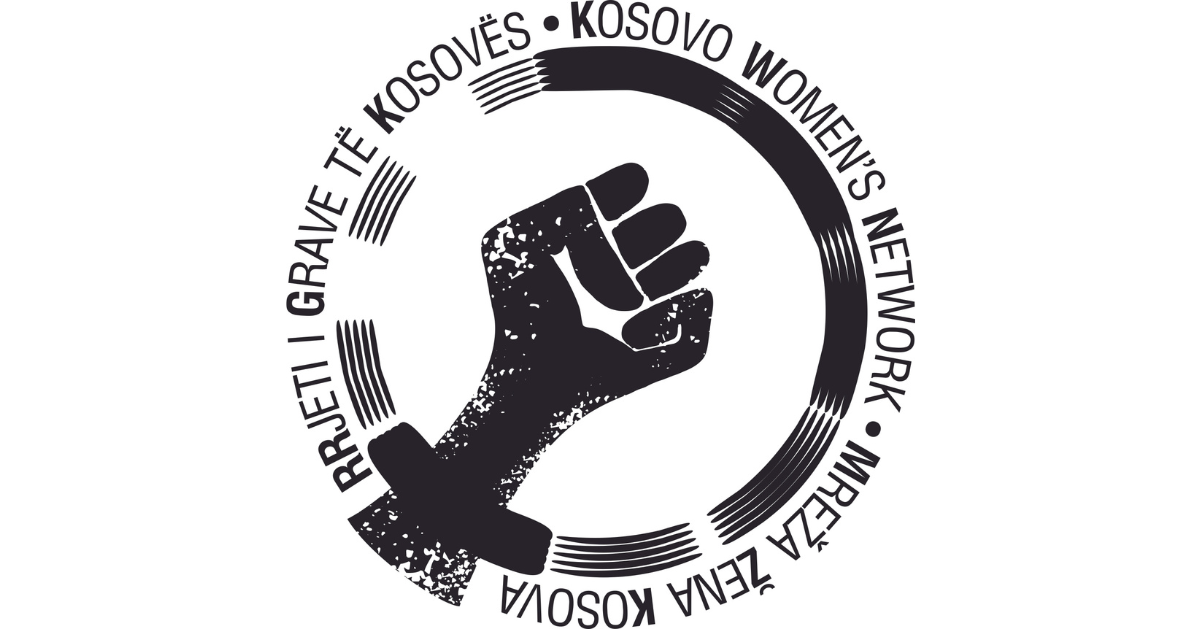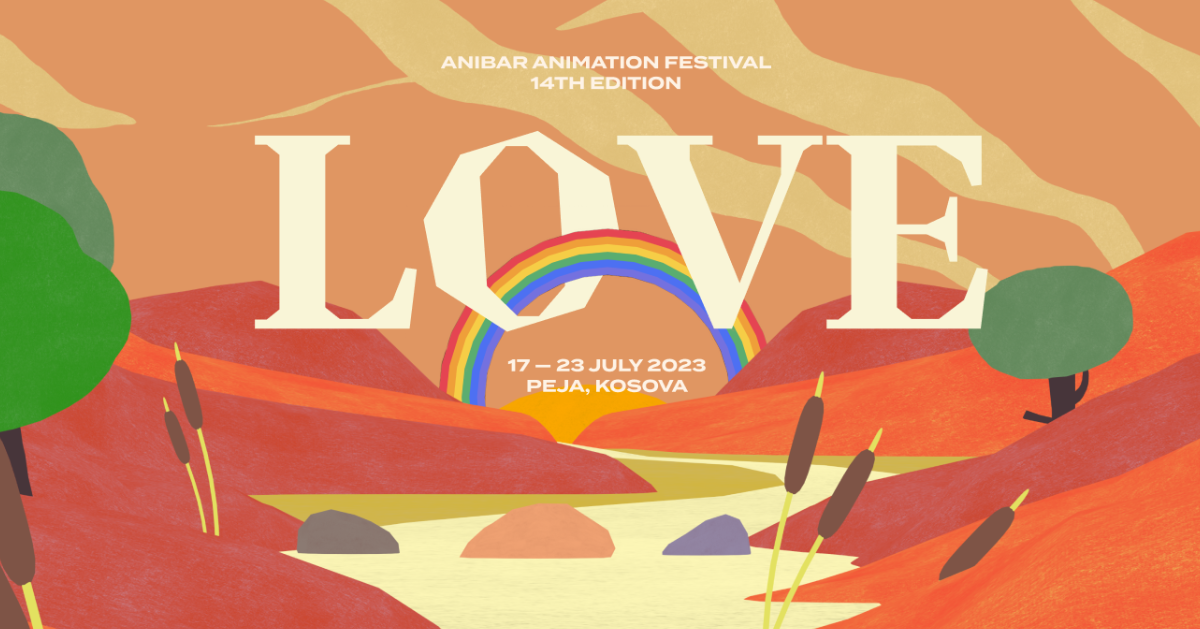Today, on 23 December 2020, the Kosovo Women’s Network
(KWN) launched online the report “The Pandemic Knows No Gender?” A Gender Fiscal Budget Analysis: The Government of
Kosovo’s Response to the COVID-19 Pandemic from a Gender Perspective.
The report analyses the inclusion of a gender perspective in the Government’s response to the pandemic and covers the period from March to October 2020. This report provides an overview of the pandemic and its effects on women and men in Kosovo, by identifying their different needs. The report also examines the timelines of the Government’s response to COVID-19, assesses the gender responsiveness of Government programs and budget allocations, and attempts to examine the initial impact of the measures from a gender perspective. Some of the key recommendations for the Government are:
- Implement ex ante obligations for Gender Impact Assessments to be used to inform program planning, including the needs of women and men in all measures addressing COVID-19.
- Conduct an ex-post gender impact assessment of all COVID-19 related measures.
- Invest in gender equality as facts from around the world show that investment brings significant benefits to equality and the economy.
- More specifically, review the economic recovery plan, prioritising investments in social infrastructure: health care, education, care services, social services for persons who experience violence, environmental protection.
- Invest in the care economy, which will create thousands of new jobs; enable more women to work; improve children’s educational outcomes; transform gender norms via early education; contribute to gender-equitable and sustainable economic growth; and increase state revenues.
- For companies that receive state subsidies, include in procurement obligations related to employees’ rights.
- Provide funding for comprehensive prevention and rehabilitation services related to addressing gender-based violence, including rehabilitation for perpetrators.
- Allocate resources for hiring more labour and tax inspectors to increase revenues from the collection of fines from businesses that have violated laws.
- Review the tax system from a gender perspective to identify changes in the tax system that can improve social services revenues and reduce taxes for the most vulnerable people.
- Improve the knowledge and capacity of finance officers in gender responsive budgeting; implementation of the Law on Gender Equality in procurement processes, based on the Law on Procurement, especially affirmative measures; and the involvement of gender equality officers in budget processes.
KWN also recommends that the Assembly of Kosovo request a Gender Impact Assessment as part of its Regulatory Impact Assessment before adopting laws; ensure gender responsive legislative review of budgets and audits; and monitor COVID-19-related expenditures from a gender perspective.
The report launching brought together representatives of Kosovo institutions, international organizations, as well as civil society organizations, including those focused on furthering women’s rights.
“We think that it is important to discuss what the Government has done up to the present and what can be done better in the future to address the different needs of men and women during the pandemic and to further gender equality,” said KWN Executive Director, Igballe Rogova. She explained the importance of launching the report at this time, before the holidays, in order to inform the 2021 budget, as well as the Government’s measures for addressing COVID-19 in the future.
Minister of Finance Hykmete Bajrami expressed her gratitude for having the opportunity to participate, emphasising the importance of this study.
“I look forward to seeing KWN’s findings and interpretations in this report. Women are largely affected by the pandemic, as a result of their position in the society”, stated Bajrami, adding that the pandemic has caused a heavy social burden. She shared with the audience some steps that the Government has taken, together with the Agency for Gender Equality, including significant support for child care centres.
Additionally, representatives of two of the funders supporting this research observed the report’s importance for integrating gender budgeting in public policies and towards the advancement of gender equality in general.
“Gender equality is fundamental value of the European Union, but also for all people as well as for regional development. I call upon everyone to analyse this KWN report and its recommendations to have a budget that includes as much gender equality as possible”, said Mikaela Gronqvist, Team Leader for Public Administration Reform/Public Financial Management at the European Union Office in Kosovo.
Sandra Horina, Counsellor and Head of the Austrian Development Cooperation for Kosovo, thanked KWN for writing this report and for the network’s appropriate and timely response to this topic.
“I also would like to thank KWN for the work that it is doing to assist the Government of Kosovo, in order for the Government of Kosovo to achieve high standards of gender equality policies”, she said.
Mimoza Kusari-Lila, Member of the Kosovo Assembly Committee on Budget and Transfers, also said that she appreciated this report.
“This is a thorough and substantial analysis by KWN of the circumstances surrounding the outbreak of the COVID-19 pandemic. It is important to have support for projects that include gender analysis and perspective,” she said.
Other panel members included: Rozafa Ukimeraj, Secretary General at the Ministry of Defense (former Secretary General at the Ministry of Local Government), and Saxhide Mustafa, Deputy Executive Director at Riinvest Institute.
The presentation of key research findings and recommendations was made by Nicole Farnsworth, Program Director and Lead Researcher, KWN, co-author of the report, and Nerina Guri, Researcher, Project Coordinator, co-author, KWN. Other authors of this report are Naile Selimaj-Krasniqi, Ernera Dushica, Aurora Maxharraj and Lauren Hanna.
You can find the full report HERE.
KWN has conducted this research with support from the European Union as part of a regional coalition working to integrate a gender perspective in the EU Accession process, and as a member of the Gender Budget Watchdog Network, which is supported by the Austrian Development Agency and the Swedish International Development Agency.




